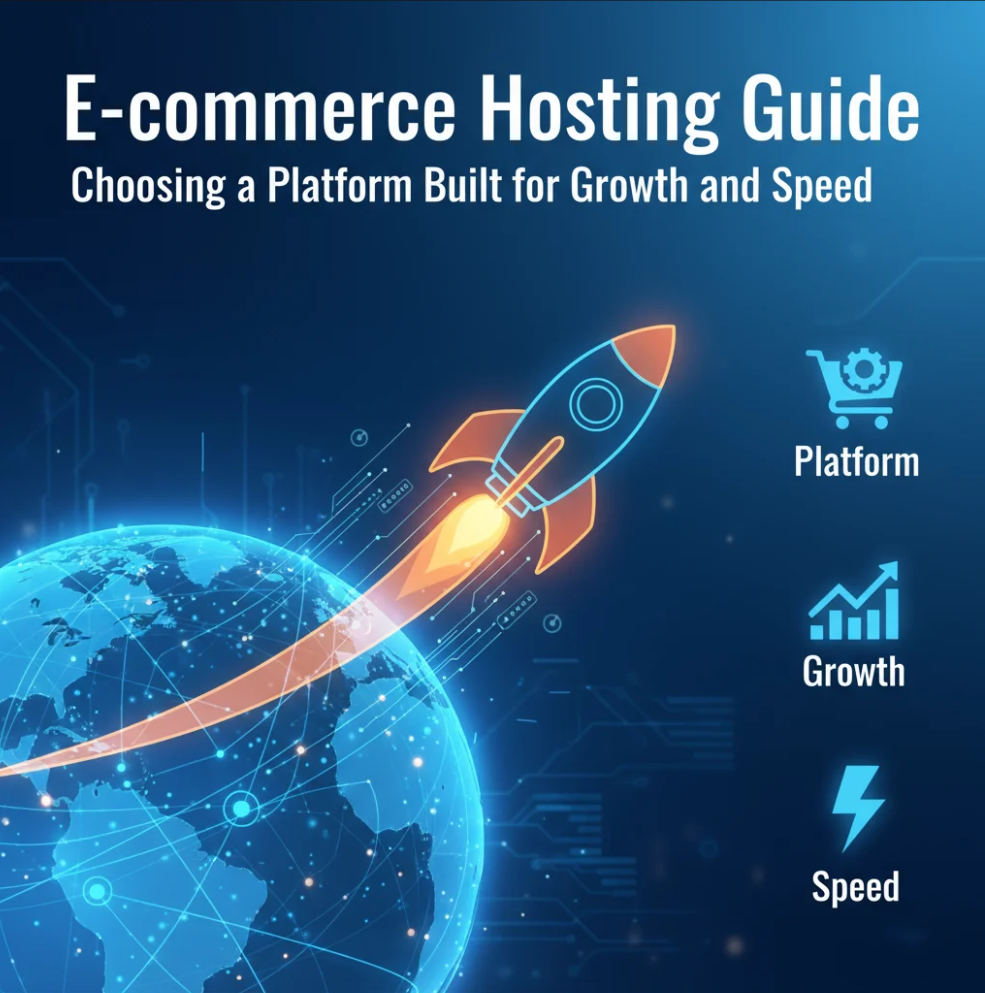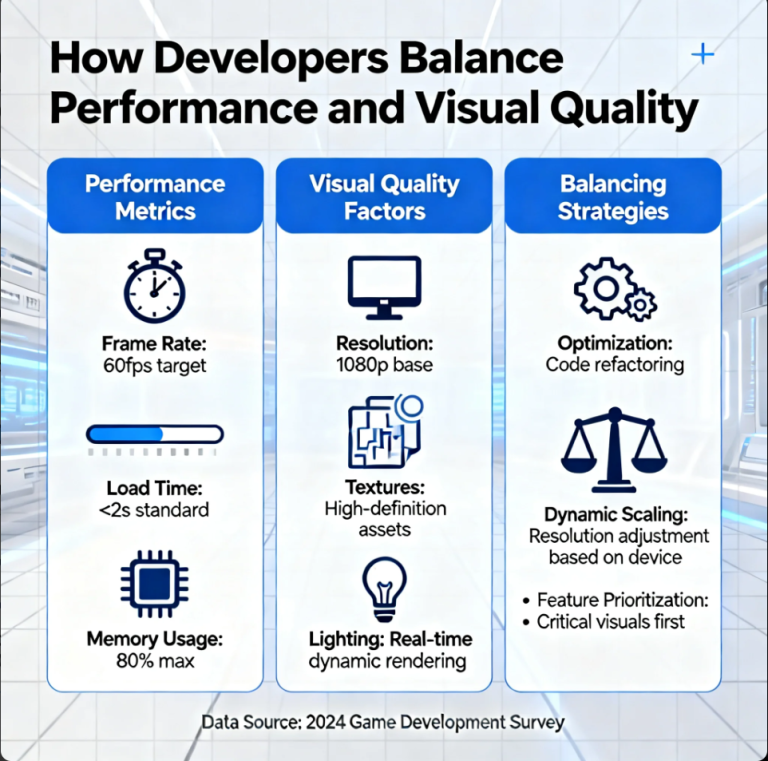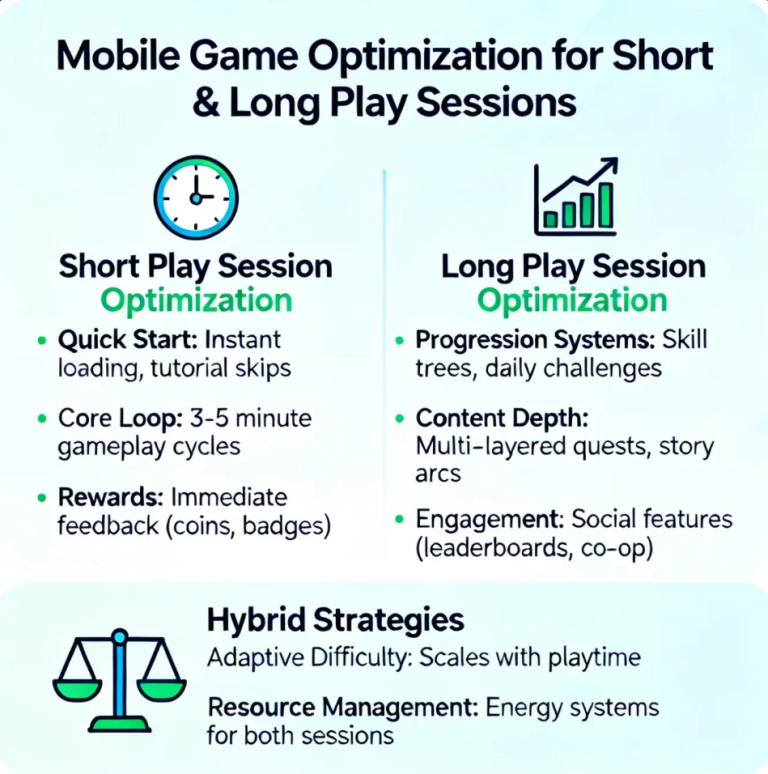
Running a successful online store goes beyond design and product selection.
Hosting plays a crucial role in website speed, scalability, and user experience, all of which directly impact sales.
Choosing the right e-commerce hosting platform ensures your store can grow seamlessly, handle traffic spikes, and deliver a fast, reliable shopping experience.
⚡ 1. Why Hosting Matters for E-commerce
Unlike a standard website, an online store needs a hosting solution that supports:
- High traffic volumes during peak sales
- Fast page load times to prevent abandoned carts
- Secure transactions for customer trust
- Scalable infrastructure as your business grows
Poor hosting can lead to slow pages, downtime, or lost revenue — making the choice of platform a business-critical decision.
🚀 2. Speed and Performance
Site speed is more than convenience; it’s a conversion driver. Key considerations include:
- Server response times and uptime guarantees
- Content delivery networks (CDN) to serve global audiences
- Optimized hosting for e-commerce CMS like Shopify, WooCommerce, or Magento
Fast-loading stores improve SEO rankings and enhance the shopping experience, reducing bounce rates and increasing sales.
🏗 3. Scalability for Growth
Your hosting solution should grow with your store. Look for:
- Elastic server resources that adjust to traffic spikes
- Support for multiple product listings and simultaneous transactions
- Easy upgrade paths without downtime or migration headaches
Scalable hosting ensures your business won’t be held back by infrastructure limitations.
🔒 4. Security and Compliance
E-commerce stores handle sensitive customer data. Key features to prioritize:
- SSL certificates for encrypted transactions
- Regular backups and malware protection
- PCI compliance for payment processing
- DDoS protection to safeguard uptime
A secure hosting platform builds customer trust and safeguards revenue.
🧰 5. E-commerce Features and Integrations
Beyond performance, hosting should support essential e-commerce tools:
- One-click integrations with payment gateways, shipping services, and analytics
- Plugins or apps to extend functionality (loyalty programs, email marketing)
- Customizable checkout flows and product pages
The right platform reduces manual work, allowing you to focus on marketing, sales, and growth.
💡 6. Support and Reliability
24/7 support from your hosting provider is invaluable. Features to consider:
- Dedicated support for e-commerce platforms
- Fast response times to technical issues
- Knowledgeable staff who understand scaling and optimization
Reliable support prevents downtime from turning into lost revenue and unhappy customers.
🧭 7. Hosting Types to Consider
Depending on your needs, different hosting types may be appropriate:
- Shared Hosting: Budget-friendly but limited for growing stores
- VPS Hosting: Flexible, moderately scalable, good for medium-sized stores
- Dedicated Servers: Maximum performance and control
- Cloud Hosting: Elastic, scalable, high availability — ideal for high-traffic stores
Selecting the right hosting type ensures your platform matches both current needs and future ambitions.
🌟 Final Thoughts
Choosing an e-commerce hosting platform is more than a technical decision — it’s a strategic investment.
The right solution balances speed, scalability, security, and support, providing a foundation for growth, seamless user experience, and long-term success.
When evaluating platforms, consider current traffic, anticipated growth, and essential features to ensure your online store thrives in a competitive market.



